BBC Proms 2023: The Last Night of the Proms
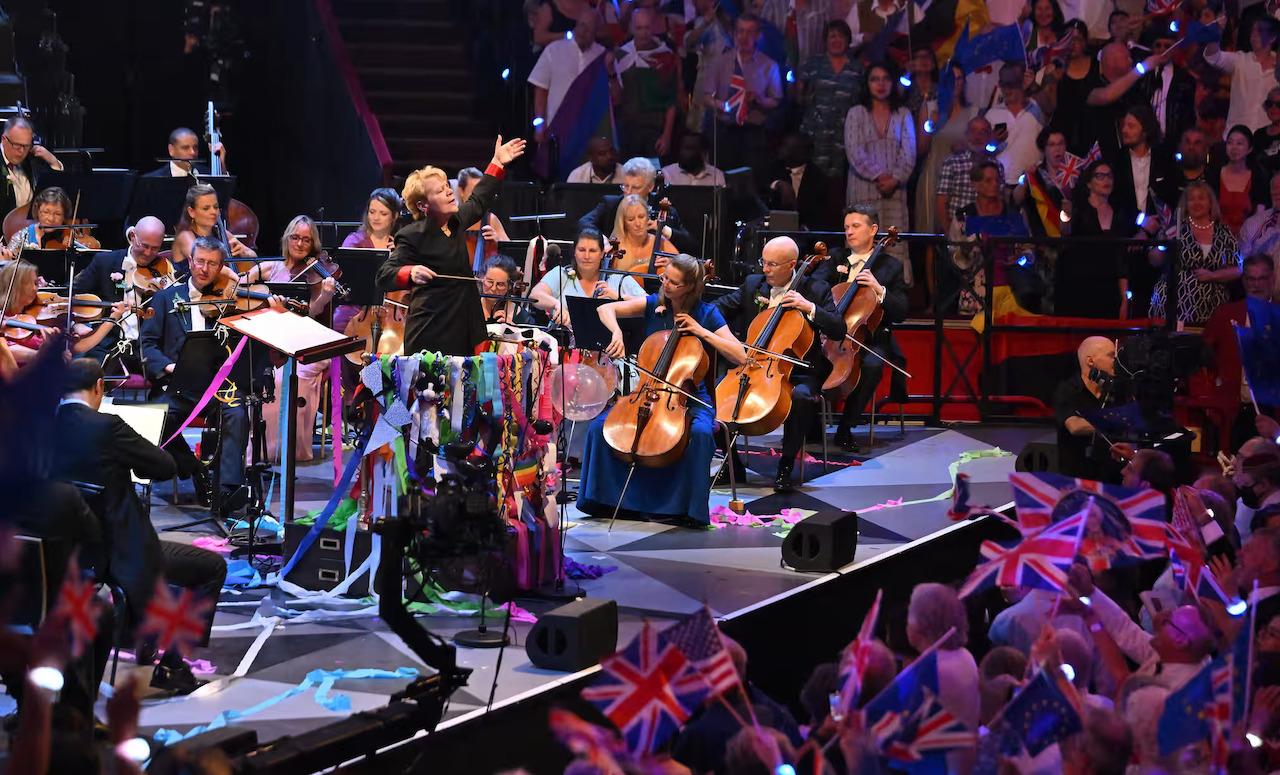
It is a ferociously hot September evening at the Royal Albert Hall, and audience members in contrasting Union Jack and European Union attire mill around the entrance, complete with flags, balloons and sparkly hats. Anticipation for the “musical party like no other” is doubly high, since the 2022 final Prom was cancelled after the passing of Queen Elizabeth II. Featuring flashing multi-coloured armbands, a thrillingly eclectic programme and the internationally revered cellist Sheku Kanneh-Mason and Norwegian soprano Lise Davidson, the evening does not disappoint.
Blazingly virtuosic strings signify the start of Richard Strauss’s sumptuous Don Juan, which is the first and longest work of the evening. The energetic opening, managed with unwavering composure by conductor Marin Alsop, mellows into a coquettish oboe solo, which is infused with a distinctly sweet and singing vibrato from Tom Blomfield. The rest of the first half is beautifully paced, presenting eight short works with a compositional span of 1842-2023, including Romantic composer Max Bruch’s Kol Nidrei for cello and orchestra, a world premiere from Roxanna Panufnik, and arias from operatic greats Richard Wagner and Giuseppe Verdi. The weightier works are contrasted with a fizzing BBC commission from James B Wilson, which the BBC Symphony Orchestra performs with celebratory freshness.
Kanneh-Mason and Davidson’s contributions are enchanting. Kol Nidrei, inspired by traditional Jewish prayer songs, weeps with expression, Kanneh-Mason’s entire being striving to communicate through the evocative three-note cello theme. Davidson’s magnetic presence and musical power appear larger than life; her voice soars sublimely into the huge hall, filling it with rare ease. Norwegian flags wave vigorously in a sea of applause as she concludes the evening’s first half with a stirring rendition of Verdi’s Nel di della Vittoria aria from Macbeth.
Viewers are transported to an immersive multicoloured multiverse after the interval, as Laura Karpman’s theme from the forthcoming Marvels movie is illuminated with glowing audience wristbands. The effect is dazzling and is a shining large-scale example of the BBC Proms’ mission to make orchestral music as engaging as possible. In contrast, Kanneh-Mason and Davidson later unite in exquisitely simple musicianship, with a duet by Brazilian composer Heitor Villa-Lobos. Davidson’s humming in unison with the cello line lingers in the space long after the final note.
There is a rapid tone shift into the final patriotic songs, which, despite sparking controversy over their relevance to modern Britain, remain a signature closer to the Proms season, with singing and clapping along, as well as more particular rituals, such as choir and audience linking hands in Auld Lang Syne. Having achieved such an internationally rich and forward-thinking programme, Rule Britannia’s line “Britons never shall be slaves” feels jarring, and it will be interesting to observe whether the song remains integral to the ceremony in years to come. The fizz of balloons and bangs of enormous party poppers add to the cacophony, and the orchestra and Alsop manage admirably to maintain musical coherence.
A rallying concluding speech from Alsop reminds the audience of the bleak realities of gender inequality in classical music and the wider world, but she commends the BBC Proms for their efforts in welcoming people from all backgrounds into the joy of music and orchestras. The conclusion of the 2023 BBC Proms series is a vibrant success, filling viewers in the hall and at home with hope for the vast future possibilities of concert performance.
Ellen Wilkinson
Photos: Mark Allan/BBC
For further information and future events visit the BBC Proms 2023’s website here.
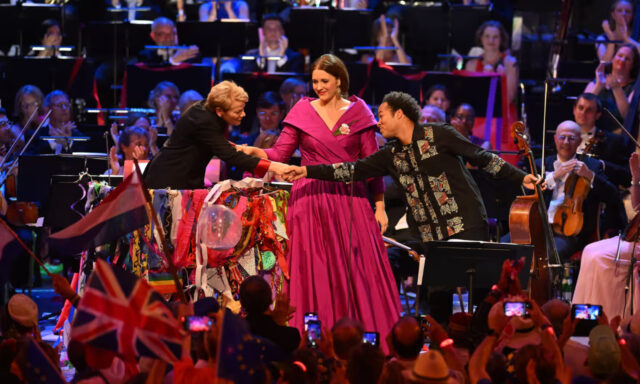

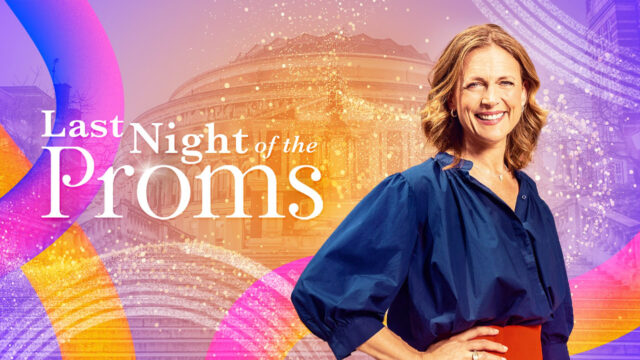
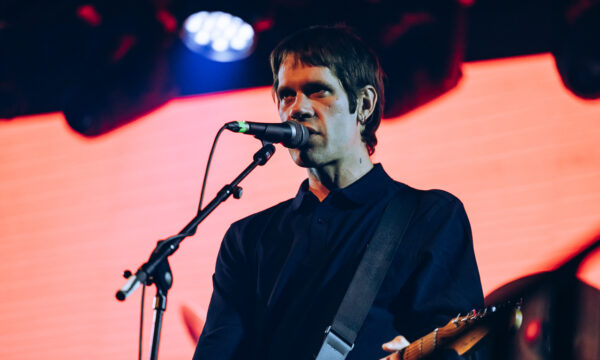
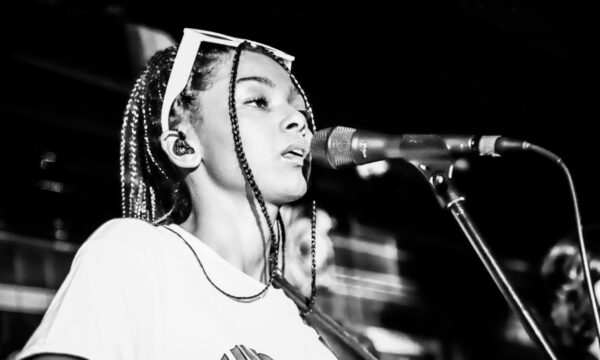
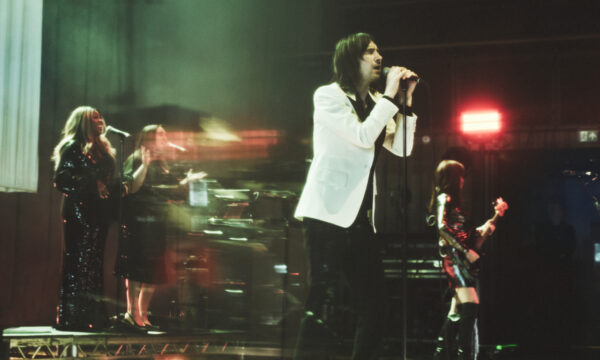
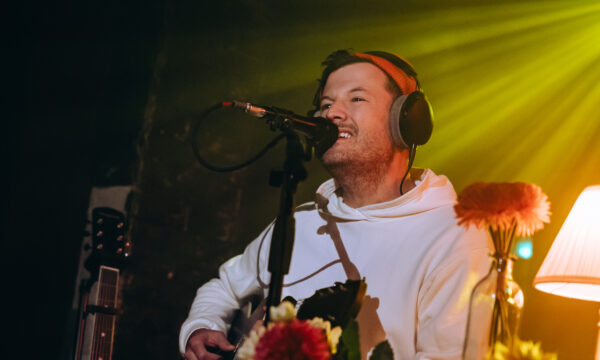
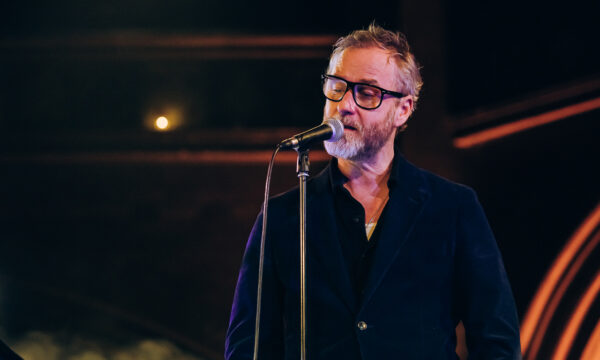
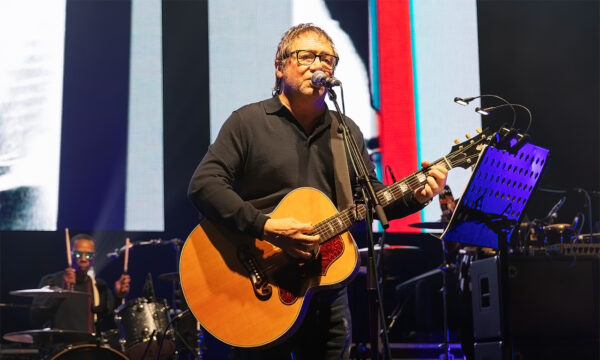
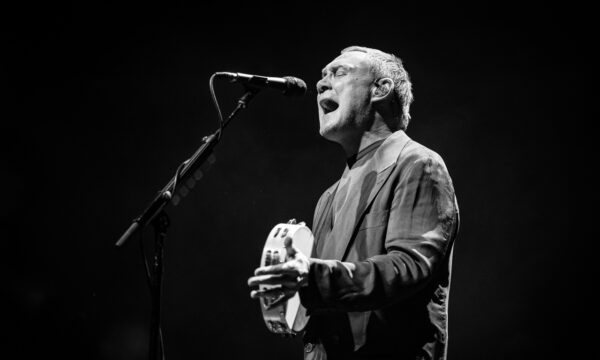

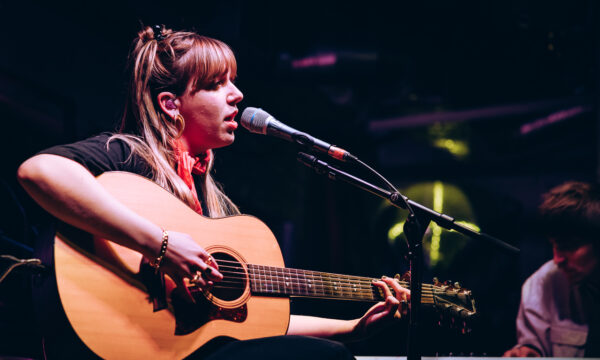
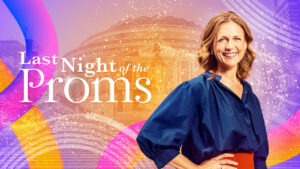














Facebook
Twitter
Instagram
YouTube
RSS